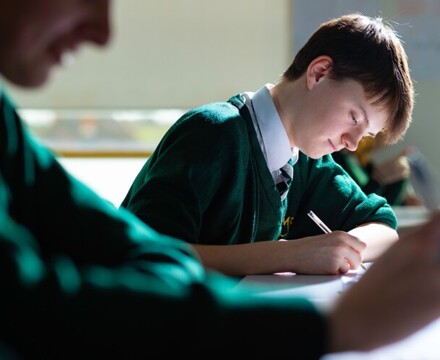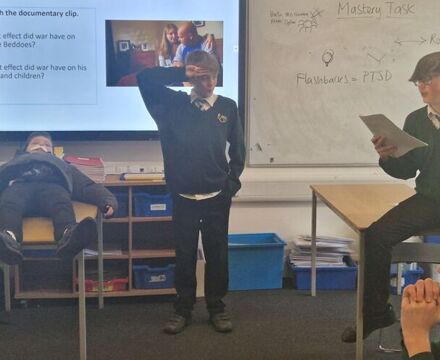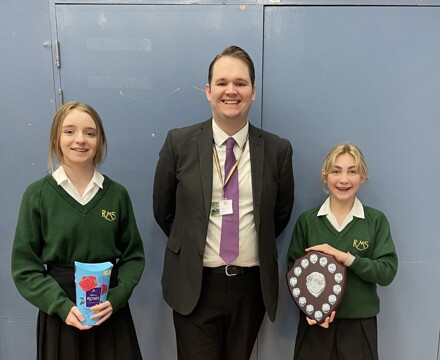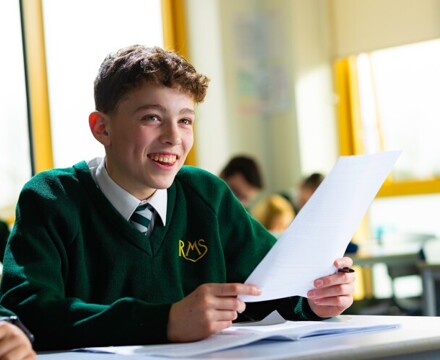English
Return to SubjectsHead of Department:
Department aims:
This department strives to provide every Upper School student at Robert May’s School with the personalised and structured support that they will need to achieve the best possible outcomes at GCSE level.
Our aim with Lower School students is to encourage a love of English in the broadest possible terms, encompassing the exploration of literature and its role in understanding humanity as well as the study of the power of language and the crafts of writing and oracy. For each student, we should build the foundation of essential skills required to succeed in further study and future employment.
For more information regarding topics covered in English, please see the curriculum information and Learning Journey linked below
Reading Lists:
There are recommended reading lists for each term of the Lower School curriculum, linked to the main enquiry question. These are published via the VLE, are available on the School Library catalogue website and are on posters in classrooms.
Extracurricular and Enrichment:
| Subject Documents |
|---|
| Learning Journey English |
| English Curriculum Information |







